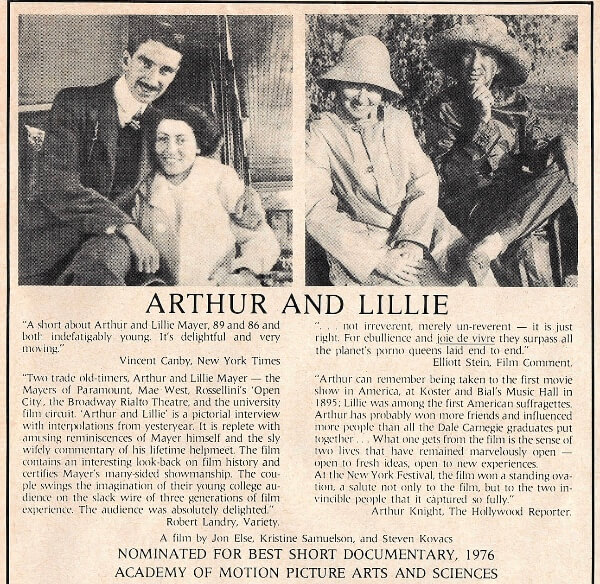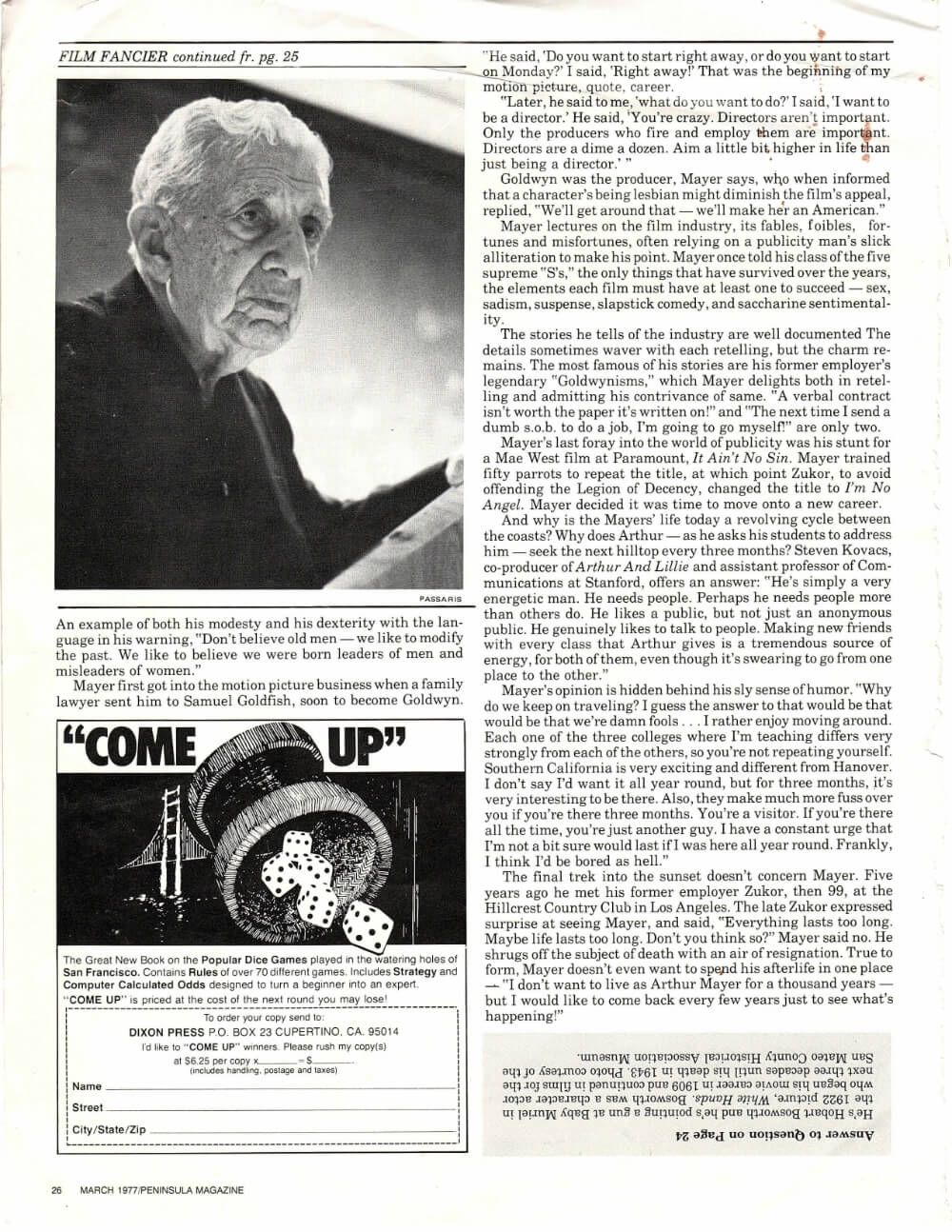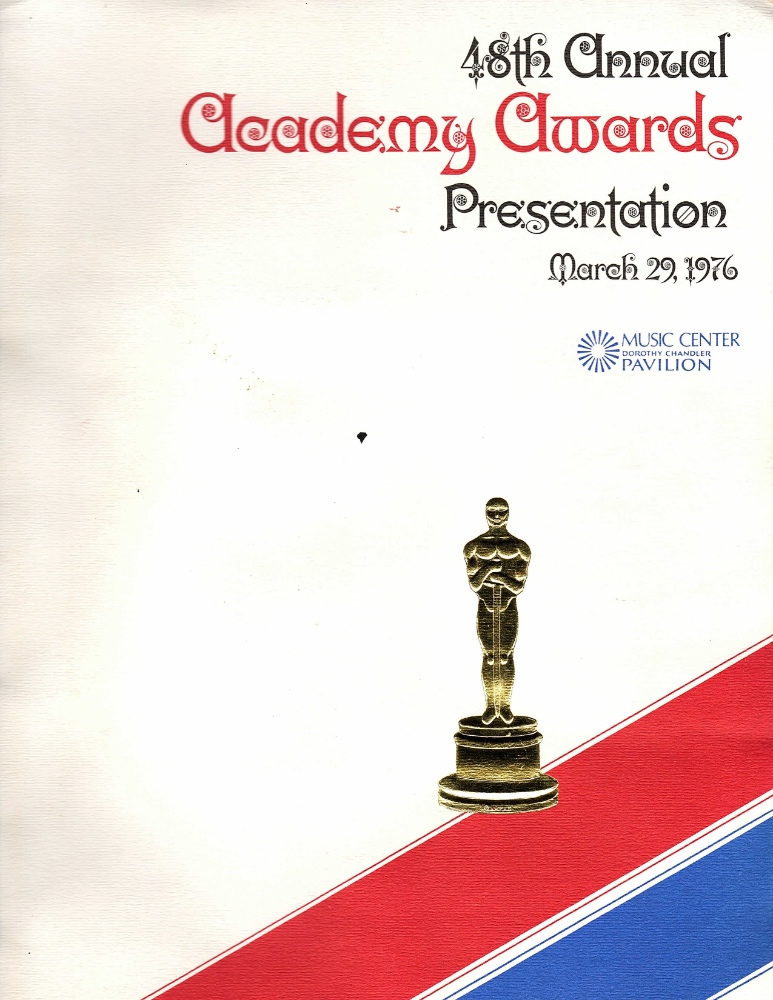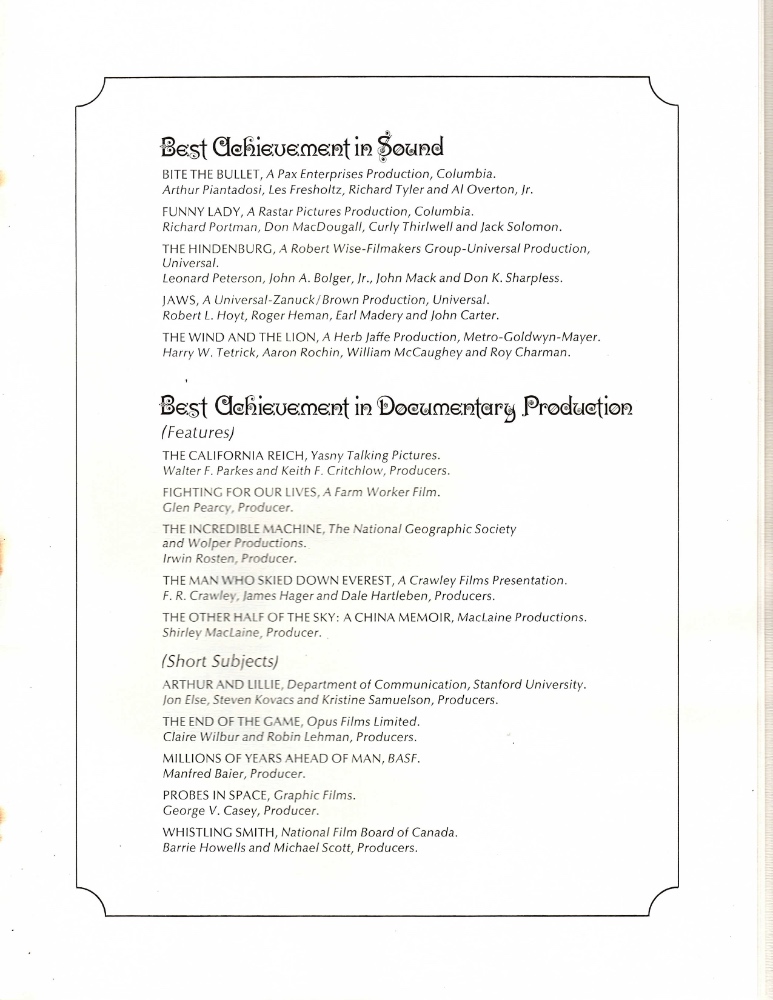Arthur and Lillie
Synopsis
At the age of 10 Arthur Mayer’s grandfather took him to Koster and Bial’s Music Hall to watch the first screening of a motion picture in the United States. Arthur went to Harvard, traveled as an auditor for Samuel Goldwyn’s theaters dodging the Mafia, headed publicity for Adolph Zukor’s Paramount Studios, promoting Valentino, Pola Negri, Mae West, Clara Bow with witty copy and gags. He leased the Rialto Theater on 42nd Street and, to get it out of the red, made it a showcase for monster movies. During the Second World War he helped organize the War Activities Committee of the motion picture industry, bringing movies to American troops in Europe and the Pacific. In Rome he discovered a film shot by the young Roberto Rossellini in the last days of the war, brought it to his theater and with OPEN CITY he introduced American audiences to European cinema. After writing two books on motion pictures, at the age of 78 he was invited to give a talk at Dartmouth College. And so began the next chapter of his career, as an itinerant professor going from Dartmouth to Stanford to the University of Southern California every year, ending up at his apartment on the West Side in the summer, where we catch him chatting with the critic Pauline Kael about Godfather Part II.
We follow Arthur and his wife Lillie at the age of 89 and 86 as they travel, teach, and entertain students in their home, recalling some of the most vivid moments of their lives with humor and humility, lives that were part of the entertainment industry of the twentieth century.
- Academy Award Nominee for Best Documentary Short, 1976.
- Featured in the 13th New York Film Festival
- Winner of the Golden Gate Award, San Francisco International Film Festival, 1976
Arthur Mayer
The Creative Team
Jon Else went on to become a cinematographer on documentaries, television series and feature films, including EYES ON THE PRIZE, CADILLAC DESERT and TOP GUN. He directed LAND OF GOLD, YOSEMITE: THE FATE OF HEAVEN, SING FASTER: THE STAGEHANDS’ RING CYCLE, and THE DAY AFTER TRINITY, for which he received an Academy Award Nomination. Recipient of a MacArthur “Genius Grant” Fellowship, he taught for many years at the University of California Berkeley’s School of Journalism.
Steven Kovacs became head of production at Roger Corman’s New World Pictures. He produced a number of feature films including THE LADY IN RED and ON THE LINE, and wrote and directed ’68 and ANGEL BLUE. He was professor and Chair of the Department of Cinema at San Francisco State University.
Kristine Samuelson was professor and Chair of the Film and Media Studies Program at Stanford University. She directed a number of documentaries, including TOKYO WAKA and LIFE OVERTAKES ME, an Academy Award Nominee.
David W. Peoples continued his writing with BLADE RUNNER, HERO, TWELVE MONKEYS, and UNFORGIVEN, that garnered him an Academy Award Nomination for Best Screenplay.




